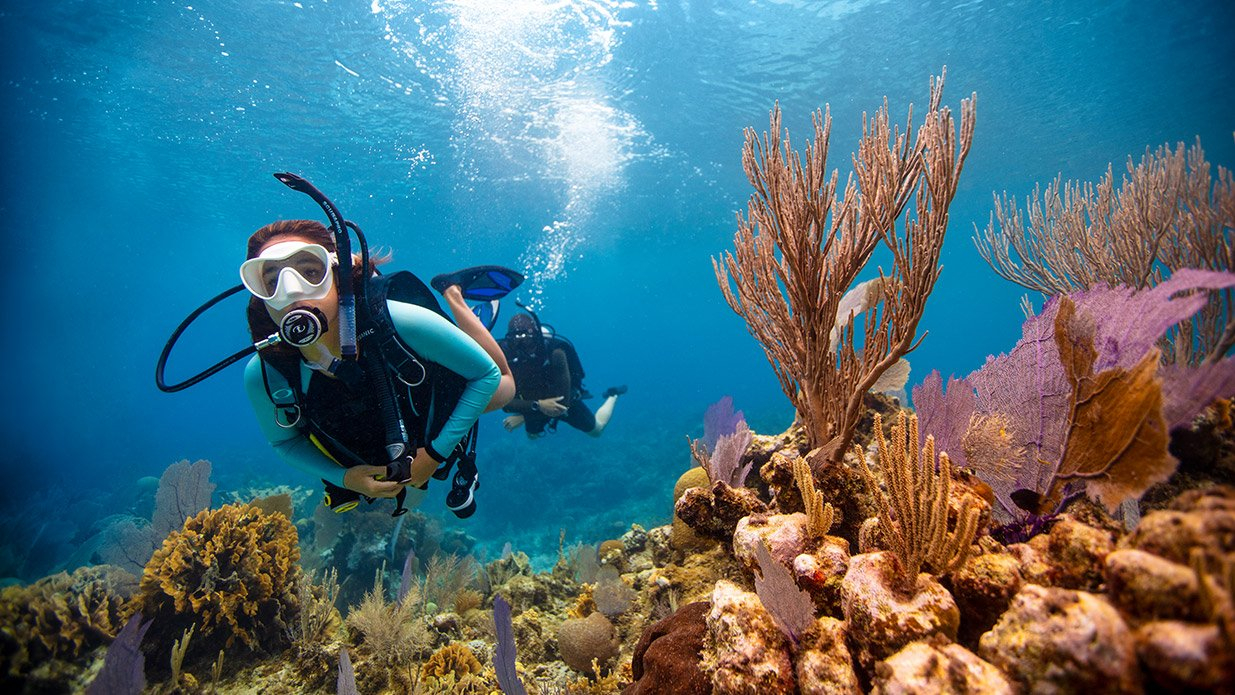One of the most fascinating primates in Indonesia, black macaque, or Celebes crested macaque, is a unique and endangered species native to North Sulawesi. Known for its jet-black fur, striking golden eyes, and distinctive crest, this primate plays a crucial role in the ecosystem but faces serious threats to its survival.
What is the Black Macaque?
The black macaque (Macaca nigra), also called the Celebes crested macaque, is a primate species endemic to the island of Sulawesi and nearby islands. Unlike other macaques, it has a short tail, almost appearing tailless, and a prominent crest of hair on its head. These highly social animals live in large groups and display complex behaviors that are essential for their survival.
Where Do Black Macaques Live?
Black macaques are found primarily in the forests of North Sulawesi, with smaller populations on Bacan Island in the Maluku region. They thrive in tropical rainforests, coastal mangroves, and lowland forests, where they forage for food and interact with their surroundings.
Diet and Behavior of Black Macaques
As omnivores, black macaques have a diverse diet that includes:
- Fruits and seeds from native trees
- Leaves and flowers
- Insects and small vertebrates
- Occasionally, bird eggs
They are highly social animals that live in troops of up to 100 individuals. Within these groups, they establish strong bonds through grooming and vocal communication. Unlike other primates, black macaques are known for their peaceful and cooperative nature, often displaying affectionate behaviors.
Threats to the Black Macaque
Despite their importance in the ecosystem, black macaques face several threats that have led to a drastic decline in their population:
- Deforestation due to agricultural expansion and logging
- Hunting for bushmeat, particularly in local markets
- Human-wildlife conflict as macaques encroach on farmland
- Illegal pet trade, where young macaques are captured and sold
These threats have placed black macaques on the IUCN Red List as a critically endangered species, with estimates suggesting a severe population decline over the last few decades.
Conservation Efforts to Save the Black Macaque
Several organizations and local communities are working to protect black macaques and their habitat. Conservation strategies include:
1. Establishing Protected Areas
Efforts are underway to expand protected forests in North Sulawesi, such as Tangkoko Nature Reserve, which serves as a key habitat for black macaques.
2. Raising Awareness and Reducing Hunting
Education programs are being conducted to inform local communities about the ecological importance of black macaques and to discourage hunting for bushmeat.
3. Reforestation and Habitat Restoration
Reforestation projects aim to restore degraded forest areas, providing black macaques with better food sources and shelter.
4. Responsible Tourism
Eco-tourism initiatives encourage visitors to observe these primates in their natural habitat while supporting local conservation projects.
How You Can Help
There are several ways to contribute to the conservation of black macaques:
- Support conservation organizations working in Sulawesi
- Avoid purchasing products that contribute to deforestation
- Promote responsible tourism that respects wildlife
- Spread awareness about the plight of black macaques
Witnessing Black Macaques in the Wild
For those interested in seeing black macaques in their natural habitat, visiting Tangkoko Nature Reserve is one of the best options. Guided eco-tours allow visitors to observe these fascinating primates while ensuring minimal disturbance to their environment.
By supporting conservation efforts and choosing sustainable tourism, we can help protect the future of the black macaque and preserve the incredible biodiversity of North Sulawesi.
Learn more about the ongoing efforts to save the black macaque and the importance of conservation in this region.

